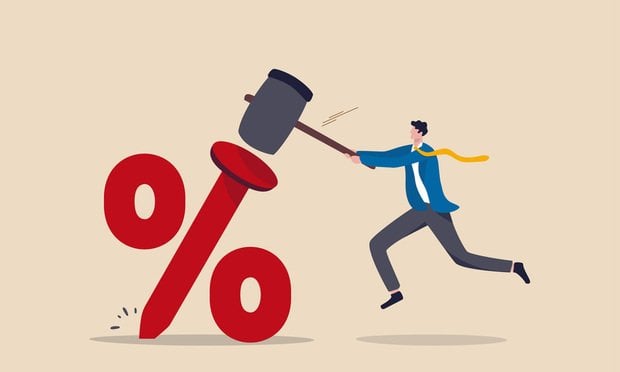LOS ANGELES—It is clear: Chinese investment in the US—and especially in Los Angeles—is only going to continue to grow. Issues in the Chinese economy will continue to fuel outbound capital, while economic dynamics in the US will continue to position this market as a great landing pad for that capital. To uncover the drivers behind all of this capital and what this means for the Chinese market, we sat down for an exclusive interview with Jim Butler, hotel lawyer and consultant at Jeffer Mangels Butler &Mitchell. Here, he tells all about Chinese investment in the US.
GlobeSt.com: What is driving Chinese foreign investment (outbound from China)?
Jim Butler: Chinese investors will deploy a record $212.7 billion in investments outside China. This trend is driven by a number of factors: Chinese real estate and stock market bubbles are bursting; The Chinese economy is slowing down so foreign investment (as in the US) are more attractive; The yuan has been depreciating against the dollar, making US dollar-denominated investments more attractive
Recommended For You
Want to continue reading?
Become a Free ALM Digital Reader.
Once you are an ALM Digital Member, you’ll receive:
- Breaking commercial real estate news and analysis, on-site and via our newsletters and custom alerts
- Educational webcasts, white papers, and ebooks from industry thought leaders
- Critical coverage of the property casualty insurance and financial advisory markets on our other ALM sites, PropertyCasualty360 and ThinkAdvisor
Already have an account? Sign In Now
*May exclude premium content© 2025 ALM Global, LLC, All Rights Reserved. Request academic re-use from www.copyright.com. All other uses, submit a request to [email protected]. For more information visit Asset & Logo Licensing.









